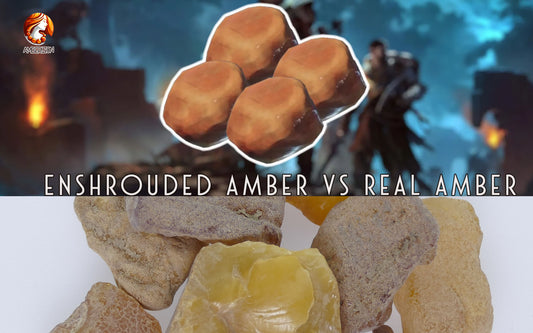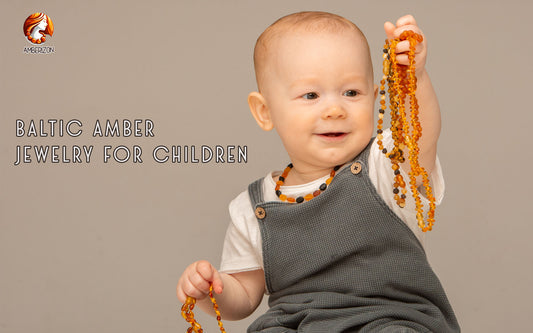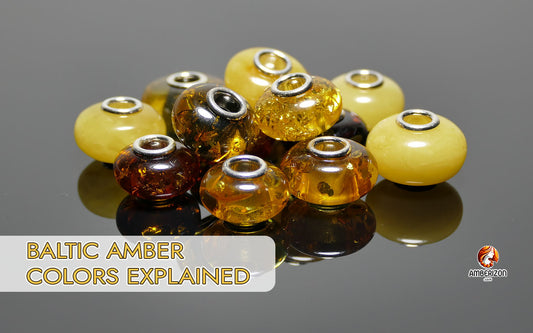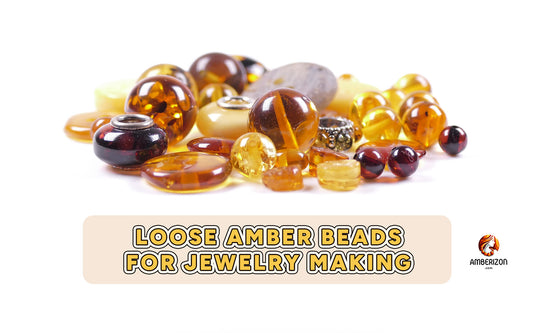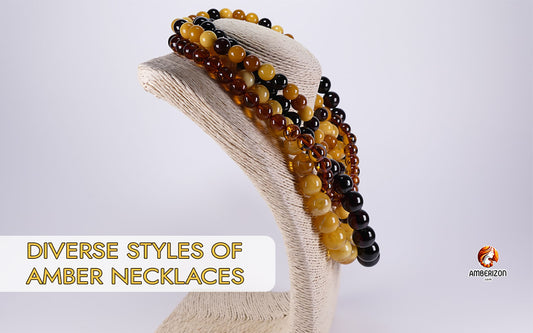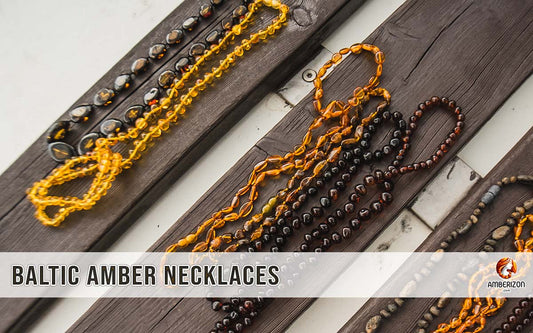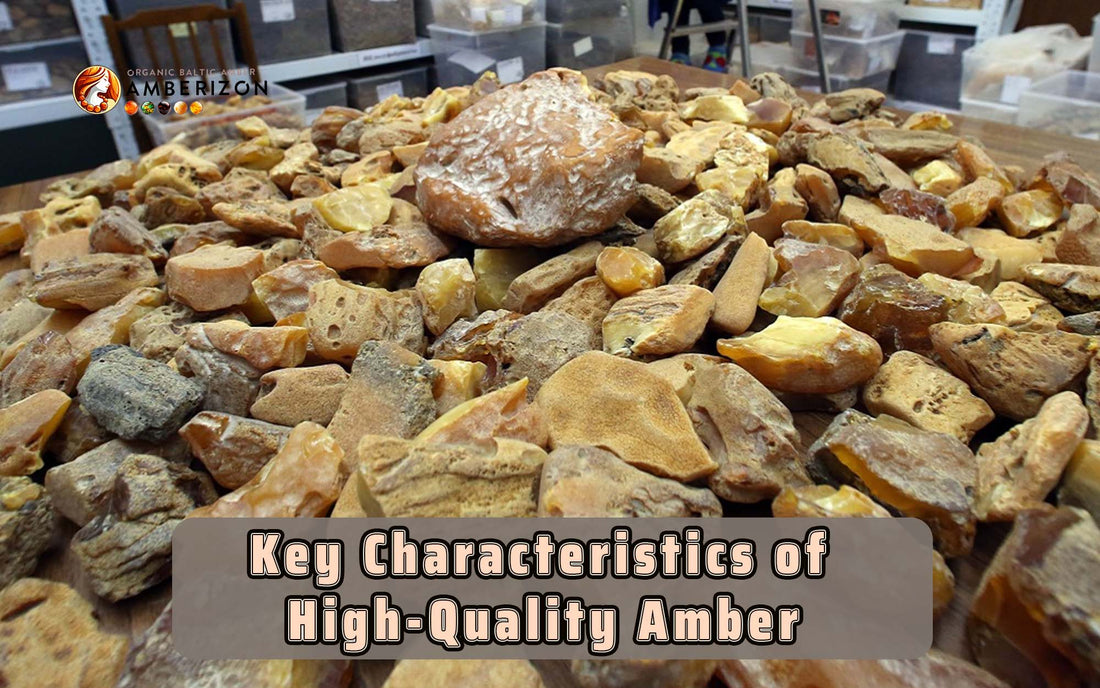
Key Characteristics of High-Quality Amber
Key Characteristics of High-Quality Amber

1. Clarity
- Clearer amber is generally more valuable
- Transparent pieces are highly prized
- Some prefer slightly cloudy amber for its natural appearance
- Traditional golden honey color is most recognized
- Rare colors like blue, green, or red can be highly valuable
- Even, consistent coloration is desirable
- Older amber is typically more valuable
- Baltic amber (40-50 million years old) is highly regarded
- Well-preserved insects or plant matter can significantly increase value
- Rarity and condition of inclusions matter
- Larger pieces are rarer and often more valuable
- Bigger pieces allow for more diverse use in jewelry and art
- Harder amber is more durable and easier to work with
- Baltic amber is known for its hardness
- Baltic amber is often considered the gold standard
- Some collectors value amber from specific locations
- Natural, untreated amber is typically more valuable
- Some treatments can enhance appearance but may decrease value
Evaluating Amber Quality
- Visual Inspection: Look for clarity, color, and inclusions
- Touch Test: High-quality amber feels warm to the touch
- Fluorescence: Under UV light, most amber fluoresces
- Flotation Test: Amber floats in salt water
- Aroma Test: When rubbed, amber emits a subtle pine scent
Factors Affecting Value
- Rarity: Uncommon colors or exceptional inclusions increase value
- Size: Larger pieces are generally more valuable
- Workability: Amber that can be easily shaped for jewelry is prized
- Historical Significance: Pieces with cultural or historical importance
Notable High-Quality Amber Types
- Baltic Amber: Often considered the highest quality due to age and hardness
- Blue Amber: Rare and highly valued, mainly from the Dominican Republic
- Green Amber: Very rare, highly prized by collectors
- Amber with Significant Inclusions: Especially those with well-preserved insects
- How can you tell if amber is high quality?
- Why is some amber more expensive?
Tags:
Previous
Baltic amber jewelry for children: Necklaces, bracelets, anklets, matching sets
Next
Enshrouded Amber vs Real-Life Amber » Where to buy amber in real life?
